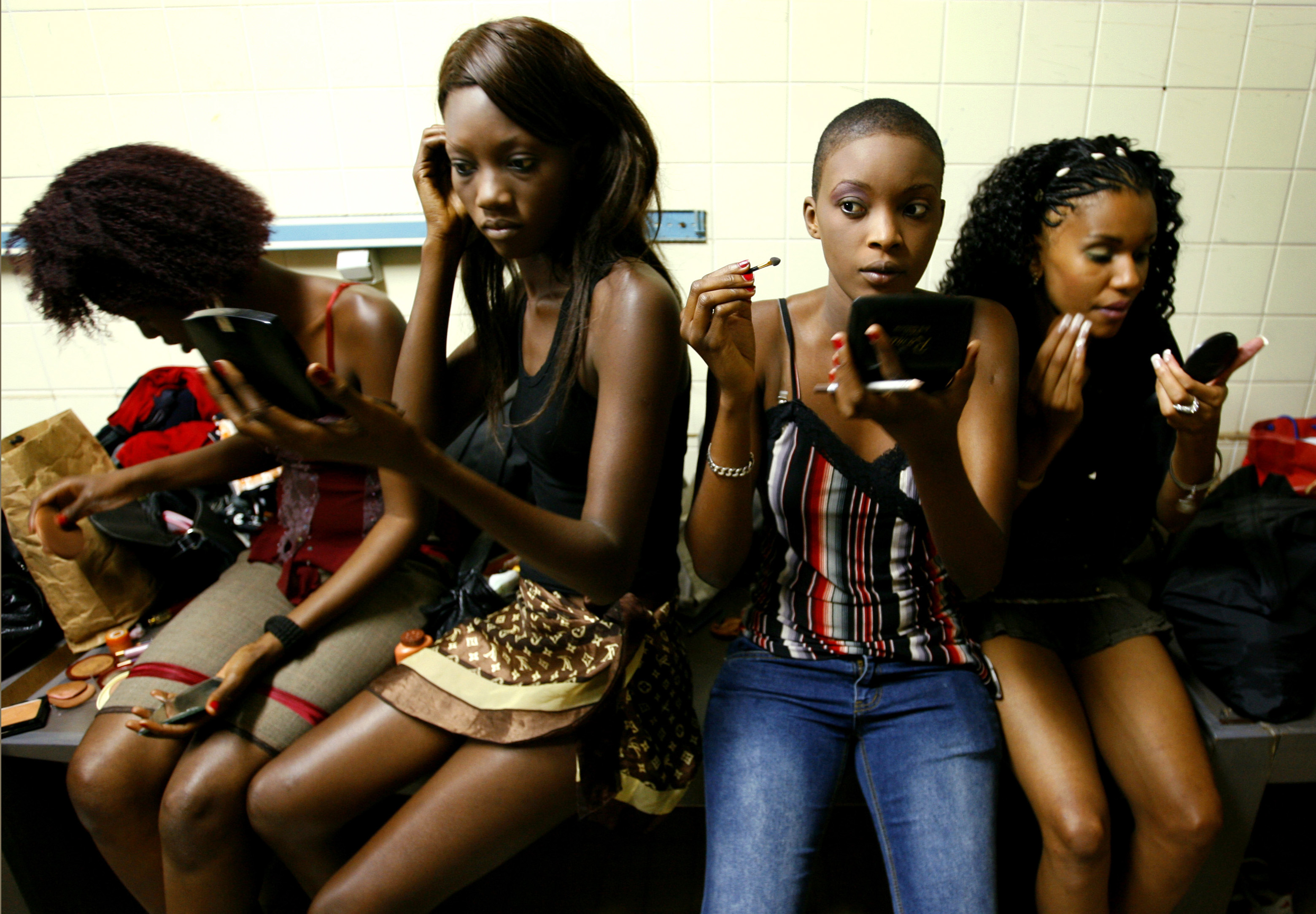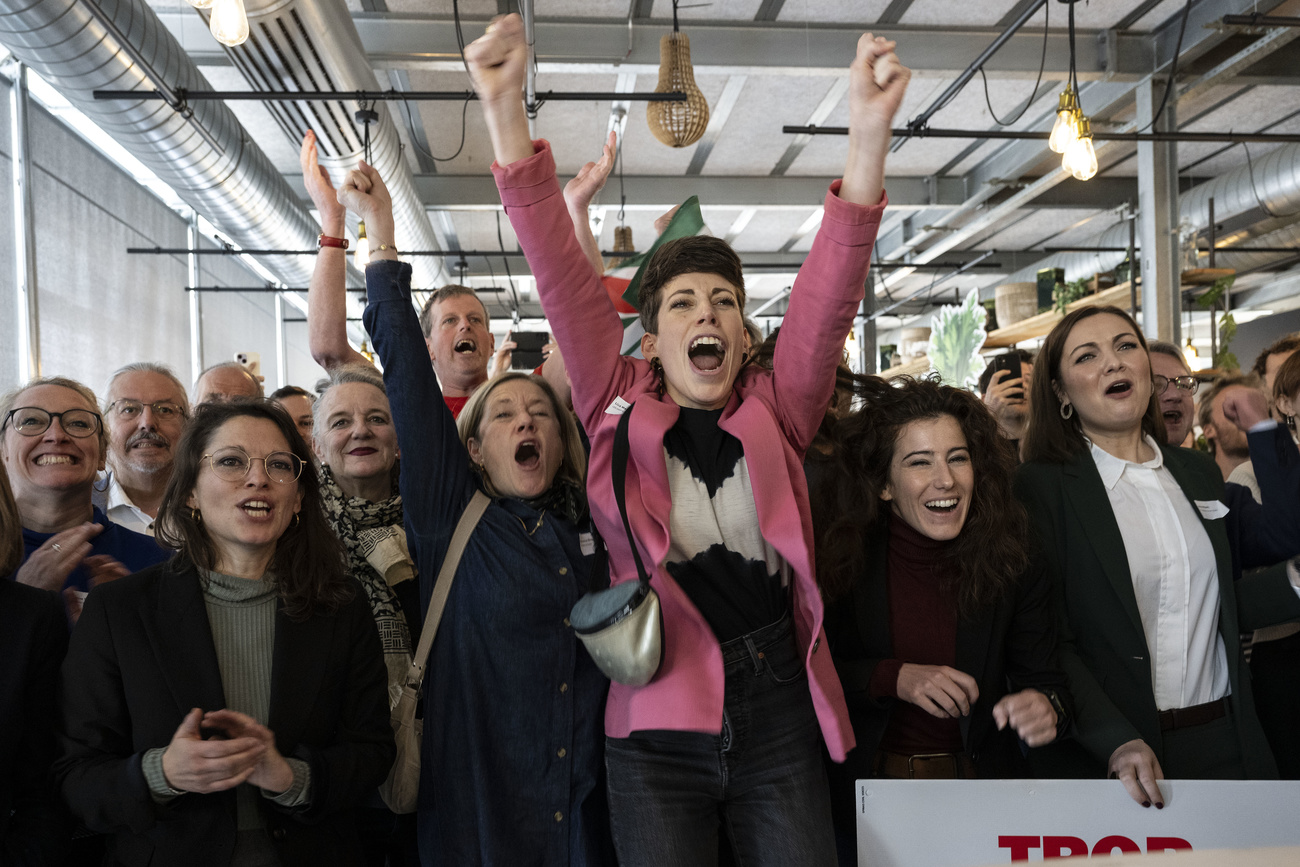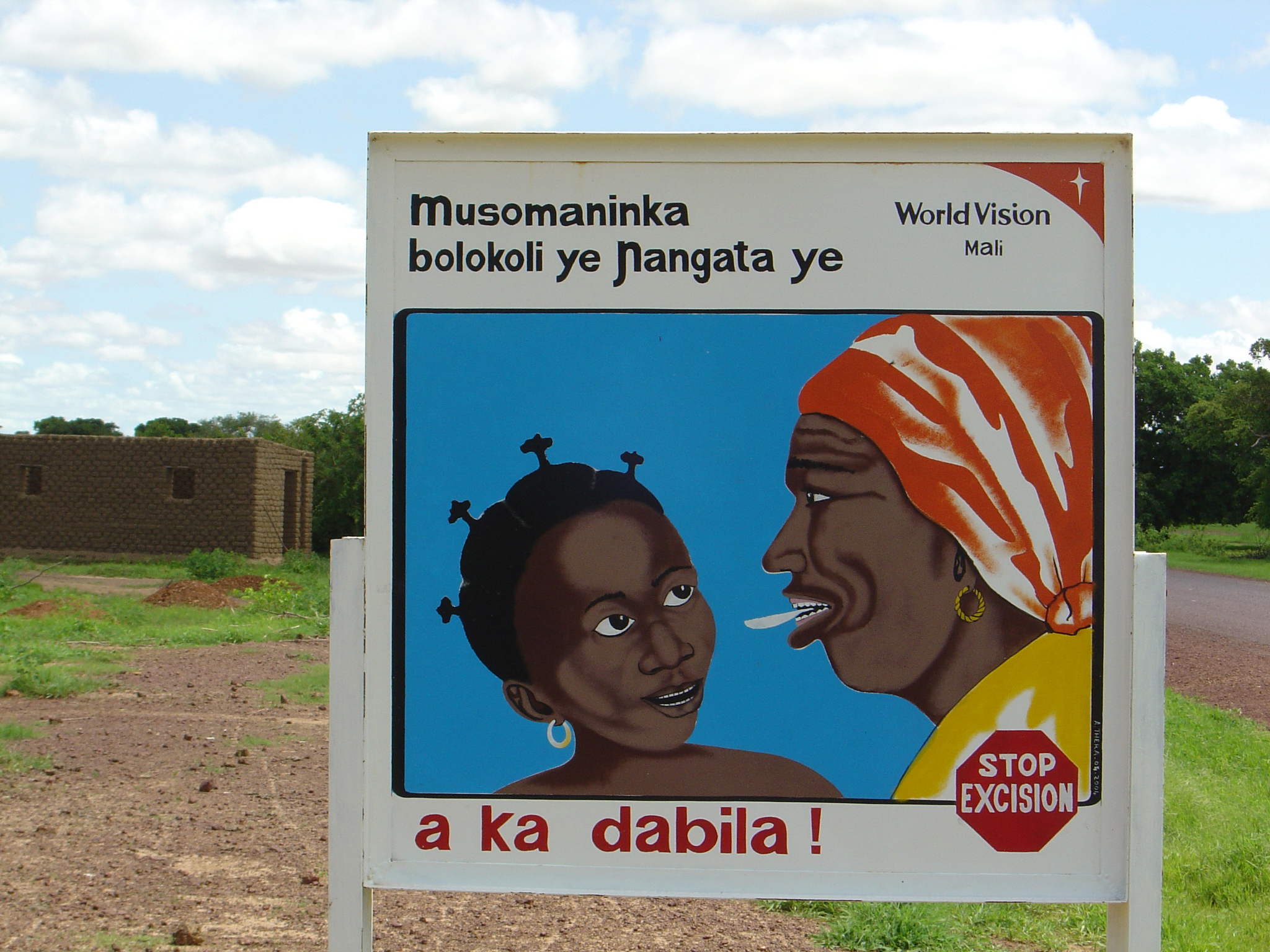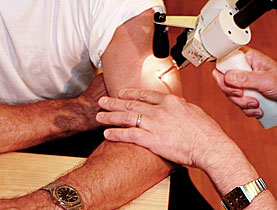Geneva highlights dark side of skin whitening

A Geneva-based health organisation is holding a special workshop for African asylum seekers this month to warn of the dangers of skin lightening.
Millions of people around the world are turning to skin-whitening products in their quest for the “perfect” fair complexion.
Switzerland bans creams containing hydroxyquinone, a skin-bleaching chemical, but illegal products are still available.
Skin lightening products are popular among African women, despite repeated health warnings.
In some African countries skin-whitening has given rise to new vocabulary: “maquillage” in the Democratic Republic of Congo and Cameroun, “Dorot” in Niger, “Khessal” in Sénégal, “Tcha-tcho” in Mali, “Bojou” in Bénin, “Ambi” in Gabon, or “Akonti” in Togo.
But the products are also widely used in the Middle East, Asia and the Caribbean.
Figures are hard to come by, but according to a study by the market research firm Synovate, around 40 per cent of women from Taiwan, Hong Kong, South Korea, Malaysia and the Philippines use skin-lightening products.
Workshop
No studies or precise figures exist about the situation in Switzerland, but a group of concerned individuals have decided to do something about the growing global phenomenon.
Jeanne Gribi and Lefteri Hasanaj are both social workers at the Foyer de Saconnex general hospice in Geneva, who have regularly been confronted with the issue.
They are organising a workshop on skin whitening for African asylum seekers on June 28.
The event will also be attended by Catherine Tetteh, who runs a luxury beauty parlour in Geneva, Swiss doctor Andrew Kunz and Muriel Golay, head of canton Geneva’s Sexual Equality Department.
Golay is particularly keen to discuss society’s impact on women in terms of the perception of beauty portrayed in the media.
Swiss pale comparison?
Tetteh is extremely worried by the developments.
“To understand their effects, you have to realise that skin-lightening cosmetics can be classed into three groups: those made from hydroxyquinone (Fair & Lovely, L’Abidjanaise, H2O), corticosteroids (Diprosone, Clonovate, Movate), and mercury (Mekako, Trois Fleurs d’Orient, Skinguard),” she said.
“These substances have properties that can stop the production of melanin, which is responsible for the pigment that protects the skin from external attacks. Destroying it can cause very serious complications.”
The list of unhealthy effects is a long one: acne, pigment disorders, permanent facial marks, kidney problems, diabetes, artery hypertension, increased hair growth, skin cancer and sterility.
“It can harm the central nervous system, cause anxiety and depression,” said the Togolese beauty specialist. “As for cortisone, it damages the skin, prevents it from healing and causes infections.”
In denial
The initiative is long overdue as civil society organisations from around the globe have been working for the past decade to raise awareness about the dangers of skin whitening especially among political authorities and the World Health Organization (WHO).
“It would be useful to train dermatologists to detect the main symptoms behind this phenomenon as they are often denied,” said Tetteh. “The women who use the products do not believe they are bleaching their skin – it’s a taboo subject.”
Dermatologist Antoine Petit, who heads a “black skin” clinic at Saint-Louis Hospital in Paris, echoes this: “We shouldn’t forget the addictive aspect of voluntary skin bleaching. But banning the production and commercialisation of these cosmetics is still a long way off.”
Unfortunately, there seems to be little international action. The WHO currently has no programme on the issue.
“The products in use are not pharmaceutical or medical products but rather destined for cosmetic use,” said a health spokesperson.
Catherine Fiankan-Bokonga, InfoSud / swissinfo.ch (Adapted from French by Simon Bradley)
China, the European Union and Switzerland have banned the use of hydroxyquinone in cosmetic products.
In 2009 Switzerland and 26 other countries closed 72 internet sites selling illegal skin-whitening products.
According to Swissmedic, skin-lightening products are the third most popular illegal product imported into Switzerland.
In 2006 Le Havre customs officials in France seized 15 tons of skin-lightening creams and medicines coming from Africa.
The world’s leading cosmetics firm, L’Oréal, is the biggest seller of skin-lightening creams in Asia with l’Oréal Paris White perfect, followed by Bi-White by Vichy, and Blanc expert by Lancôme.

In compliance with the JTI standards
More: SWI swissinfo.ch certified by the Journalism Trust Initiative













You can find an overview of ongoing debates with our journalists here . Please join us!
If you want to start a conversation about a topic raised in this article or want to report factual errors, email us at english@swissinfo.ch.